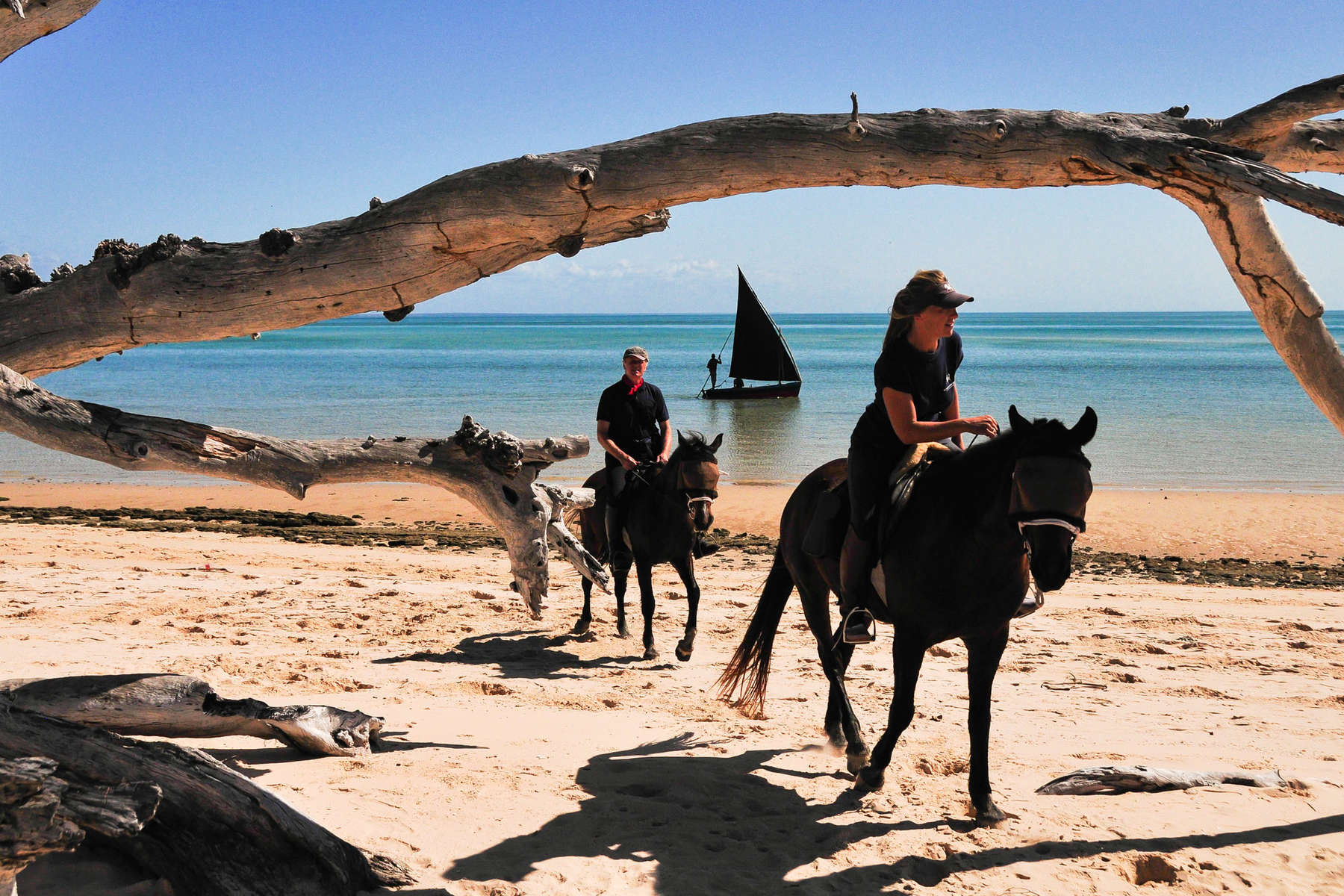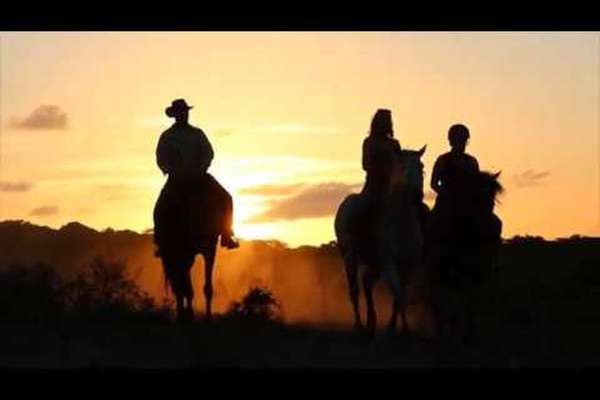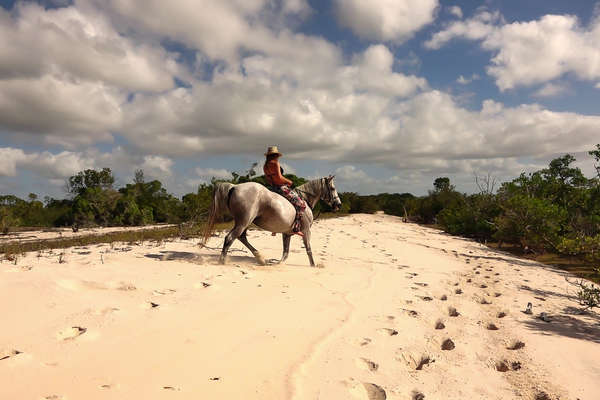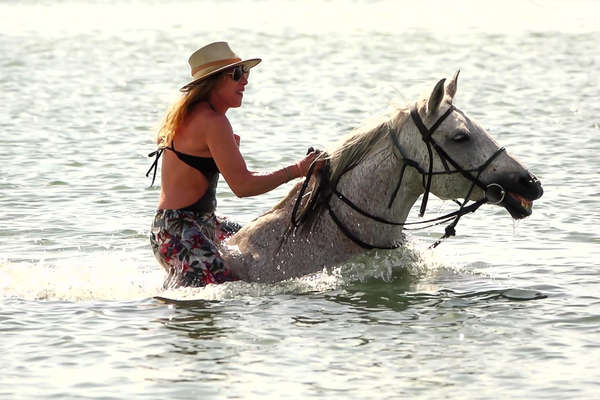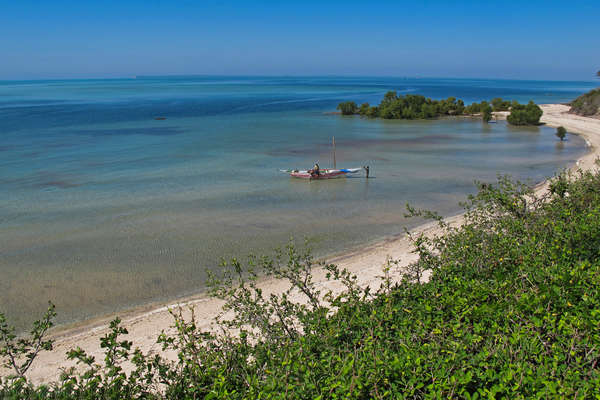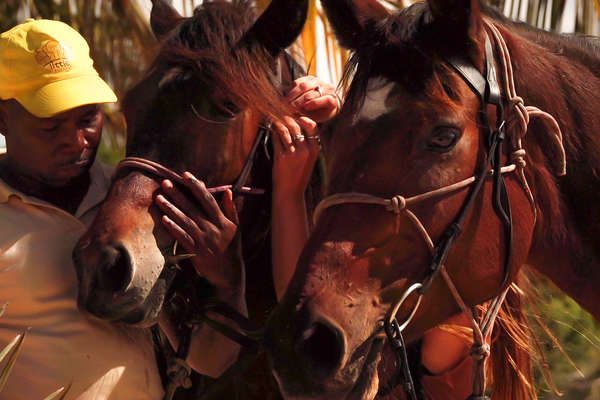A passport valid for a minimum of six months beyond the intended date of departure from Mozambique is required by all nationals of Australia, Canada, USA, the UK and Other EU countries.
Please note that a minimum of three blank pages is required for your visa.
Visas
All visitors (except citizens of Swaziland, South Africa, Tanzania, Botswana, Malawi, Mauritius, Zimbabwe, & Zambia) need a visa.
If you’re a tourist or travelling for work purposes from a country where there is a Mozambican diplomatic mission, you must get the appropriate visa before travelling.
If you’re travelling from a country where there is no Mozambican diplomatic or consular representation, you should apply for a visa from the nearest country with a Mozambican diplomatic mission before travelling.
You must present on entry a return air ticket (for air travellers) and either an invitation from family / friends or a confirmed hotel reservation.
Embassies
Mozambique High Commission in the UK
Telephone: (020) 7383 3800. Opening times: Mon-Fri 0930-1300 and 1400-1700.
Time required
Allow three days for visa processing. Visas can also be issued within 24 hours (express service) or within 90 minutes (same-day express service) for an additional fee.
IMPORTANT INFORMATION RE: TRAVELLING WITH CHILDREN
From 1st June 2015, South Africa have introduced tough rulings for anyone travelling with children, including passengers transitting South Africa to another destination.
- Two parents travelling with children will need to show the childs Unabridged Birth Certificate (UBC)
- One parent travelling with a child will need to show the UBC plus either: a Parental Consent Affidavit (PAC) from the parent not travelling OR a letter of special circumstance.
- Widowed parents will need to show the UBC and a death certificate for the deceased parent
- Children travelling with family friends will need a UBC, PCA, copies of the parents passports and contact details for the parents.
For more information click here:
http://www.dha.gov.za/index.php/statements-speeches/621-updated-advisory-new-requirements-for-children-travelling-through-south-african-ports-of-entry
Contact South African Immigration for what is required for other circumstances.

